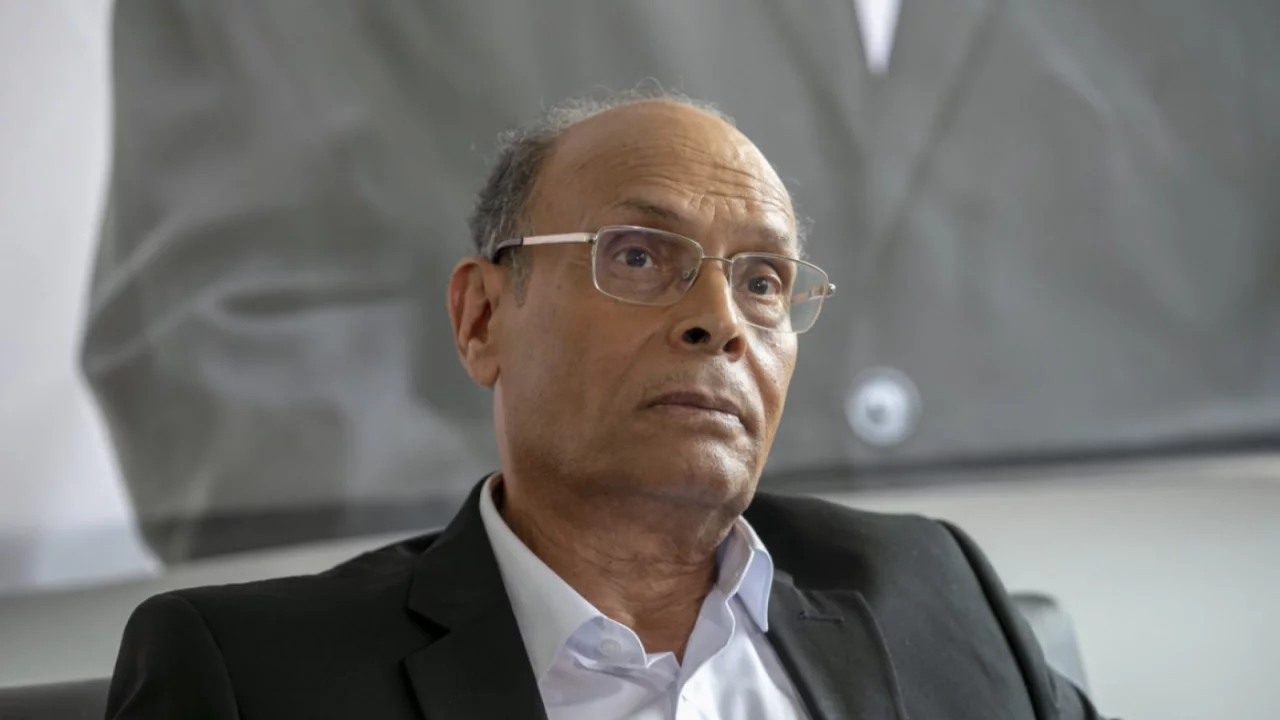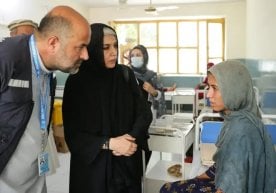22-year sentence: Charges against former president and final political test

The political scene in Tunisia has witnessed another sensational event. A court in the country has sentenced former Tunisian President Mansef Marzouki to 22 years in prison in absentia. The 79-year-old politician, who lives in exile in Paris, France, calls the sentence “unfounded and politically motivated.”
Outspoken critic, politician in exile
Mansef Marzouki is known not only as a former head of state but also as one of the most outspoken critics of current President Kais Saied. He led Tunisia from 2011 to 2014 and has been a proponent of democratic reforms throughout his political career. He is currently accused of threatening state security, inciting unrest, and sowing discord among the people.
This is the third court ruling against Marzouki. He has previously been tried on various charges and has repeatedly stated that he is being persecuted for political motives.
Response to the trial: "Your judges will also answer"
In a statement from Paris, Marzouki said after hearing the verdict:
"I tell these judges: your verdicts are invalid... You will soon be tried and you will want to answer. Democracy will definitely return to Tunisia," he replied.
According to Marzouki, these trials once again confirm that the current political regime in Tunisia has gone down an authoritarian path. He has accused Kais Saied of violating the rule of law by freezing parliament and dissolving the government in 2021. Saied, on the contrary, is trying to justify his actions as necessary measures for the stability of the country.
Against the backdrop of economic crisis and internal instability
Tunisia is currently in a deep economic crisis. The country is experiencing shortages of everyday consumer goods such as coffee, milk, and sugar, while political unrest and popular discontent are also growing. After President Saied came to power, he adopted a new constitution, further expanding his powers. This has been criticized by many political forces and human rights organizations.
What do experts say?
According to international observers, the sentence against Marzouki reflects the increasingly harsh attitude towards free speech and opposition in the Tunisian political environment. Human rights activists in France are drawing the attention of international organizations to this situation.
Conclusion: Is the sentence a means of subduing a political opponent?
The 22-year sentence given to Marzouki could mark a new phase in Tunisian political life. The impasse between the government, which sees him as a threat to state security, and the people, who see him as a fighter for democracy and defend him, is a worrying signal for the country's future. One thing is clear: the struggle on the Tunisian political scene is just getting started. Read “Zamin” on Telegram!
Ctrl
Enter
Found a mistake?
Select the phrase and press Ctrl+Enter 




















